In this blog post, we discuss the groundbreaking REBUS (Relaxed Beliefs Under Psychedelics) and the Anarchic Brain model, which offers a unified framework for understanding the brain action of psychedelics. The model proposes that psychedelics temporarily disrupt the hierarchical organization of the brain, leading to the relaxation of high-level beliefs and increased influence of lower-level sensory information. This process is thought to promote psychological flexibility, enhance creativity, and facilitate therapeutic breakthroughs.
Read MoreThe article "DMT Models the Near-Death Experience" explores the possibility that the psychedelic compound DMT, which is endogenously produced in the human brain, could be responsible for the profound and otherworldly experiences reported during near-death experiences (NDEs). The study examines the similarities between the subjective effects of DMT and the phenomenology of NDEs, including feelings of transcendence, mystical experiences, and encounters with otherworldly beings or entities. The authors propose that endogenous DMT release during NDEs could account for these experiences, and suggest further research is needed to explore this theory.
Read MoreSummary of A Single Belief-Changing Psychedelic Experience Is Associated With Increased Attribution of Consciousness to Living and Non-living Entities (2023).
Psychedelic experiences have been known to produce mystical or spiritual experiences, often leading to changes in beliefs. The article "A Single Belief-Changing Psychedelic Experience Is Associated With Increased Attribution of Consciousness to Living and Non-living Entities" explores how psychedelic drugs may change the attribution of consciousness to living and non-living entities. The study surveyed 1,606 respondents who endorsed a belief-changing psychedelic experience and found large increases in attribution of consciousness to various entities such as non-human primates, quadrupeds, insects, fungi, plants, and even inanimate objects. The study also found that higher ratings of mystical experience were associated with greater increases in the attribution of consciousness. This fascinating research adds to the growing body of evidence supporting the therapeutic benefits of psychedelics.
Read More